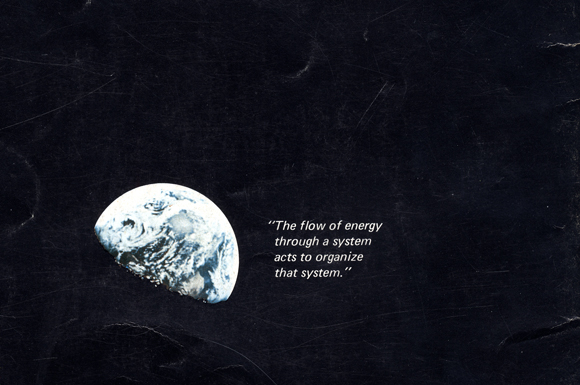
Reading
Fred Turner, “Where the Counterculture Met the New Economy“, Technology and Culture, 2005.
(Optional.) A great interview with Fred Turner offering some background on these ideas. From Logic magazine, 2017.
(Optional.) For background, this article is largely drawn from this book by Fred Turner, From Counterculture to Cyberculture. I have included the complete book here if you would like to read more.
(Optional.) This article is mostly notes giving an overview of the material Turner discusses: Nathan Cravens, “New Communalism”, From p2pfoundation.net, 2009
Thomas Streeter, “’That Deep Romantic Chasm’: Libertarianism, Neoliberalism, and the Computer Culture” (PDF) from Critical Cultural Policy Studies: A Reader, 2008
Prioritize the Turner & Streeter articles. If you have the capacity to think about an additional topic this week, have a look at “seasteaders” as described in this essay by China Mielville. We probably won’t have time to discuss this example in addition to the material above, but this seems like the best point in the semester to potentially also think about this strange subculture. “Floating Utopias: On the degraded imagination of the libertarian seasteaders”, inthesetimes.com and PDF, September 2007
Objects and examples
- John Perry Barlow’s “Declaration of Independence in Cyberspace”. If you’re a fan, you may know John Perry Barlow as a lyricist for the Grateful Dead, and yes, this is the same fellow. He was also a co-founder of the Electronic Frontier Foundation. Let’s have a look at his “Declaration” and take it as an opportunity to think about links between the 1960s counterculture and the techno-optimism that existed during the emergence of the internet and the dawn of the digital age. Also I’d like to think about the frontier language here, deployed uncritically, and what ideological legacies that taps into.
- Whole Earth Catalog. (Primarily 1968 to 1972, and occasionally until 1998.) There is so much that we could link to for supplementary readings and materials about the Whole Earth Catalog. The Turner reading narrates the history and gives most of the context that we’ll need to draw links between this and the concepts for the week. Beyond that, archive.org has a digitized version of every issue that you can browse. The catalog has its own website (wholeearth.com), which contains much multimedia information and back issues, although at the time of typing this the homepage is giving an error message. The Museum of Modern Art (MoMA) had an exhibit about the catalog which is still available online and includes an amazingly rich collection of published material: Access to Tools: Publications from the Whole Earth Catalog 1968-1974.
- Biosphere 2. A wild ecological experiment in the 1990s. A great documentary about this came out in 2020: Spaceship Earth – highly recommended. The story ends up involving Steve Bannon of all people, and ends in a catastrophic failure.
- Earthships
- Earthaven Ecovillage
- Richard Brautigan’s “All Watched Over by Machines of Loving Grace”. First published in 1967, this poem thematizes the technologically-enabled utopian fantasy of the 1960s counterculture, specifically as it relates to the then-emerging computational machines.
Class artifacts
Link to presentation slides to come.